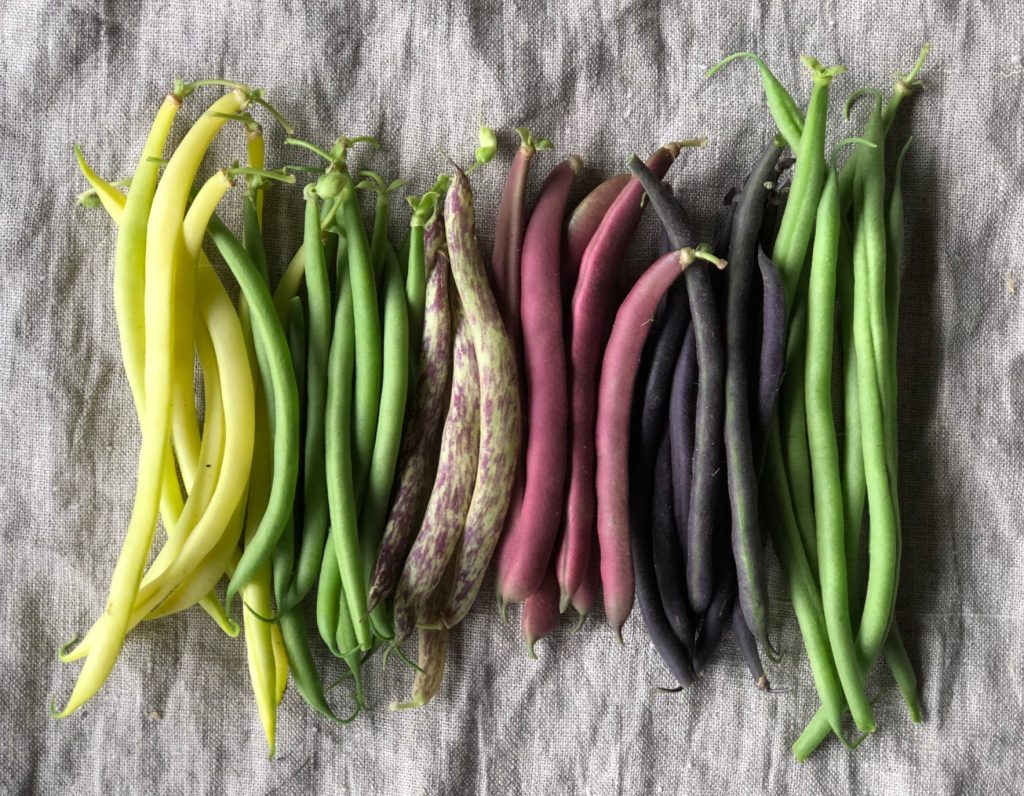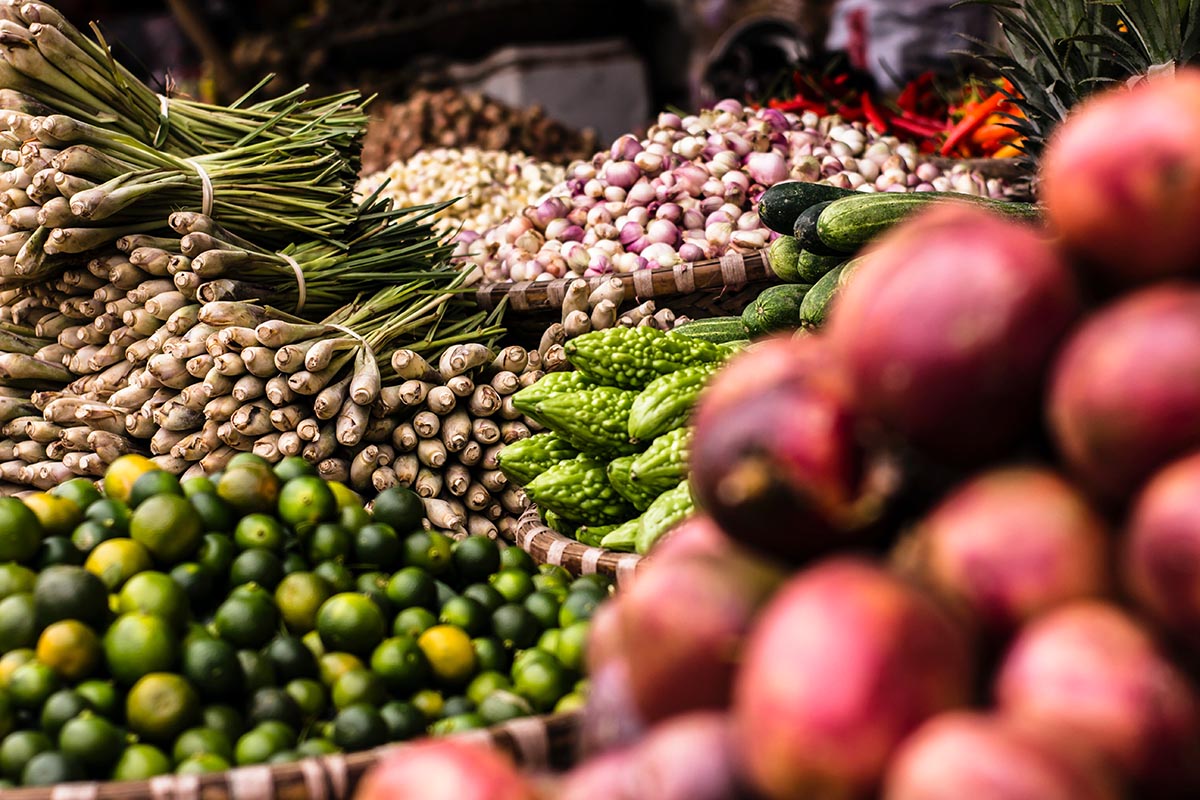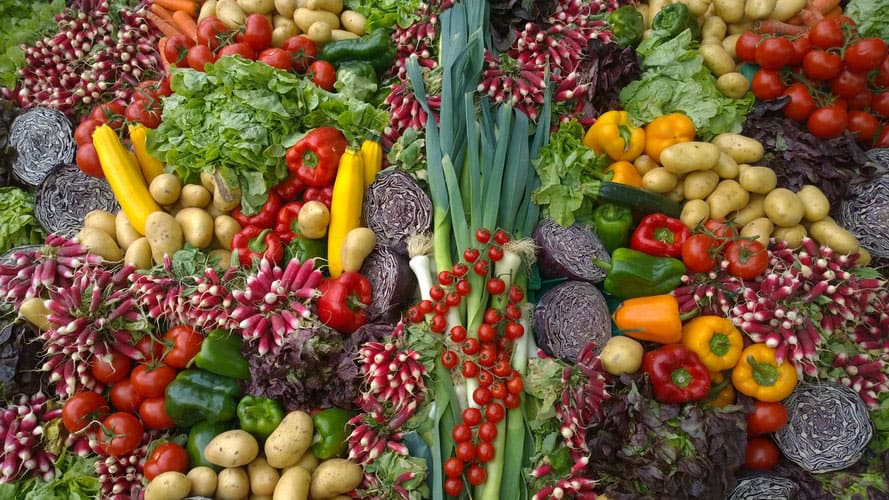Contents
Vegetable Variety are an essential part of a balanced diet, offering an abundance of vitamins, minerals, fiber, and antioxidants that promote health and well-being. From leafy greens to vibrant root vegetables, nature provides a diverse array of plant-based foods that nourish the body and delight the palate. In this article, we delve into the world of vegetable variety, celebrating the rich diversity of flavors, textures, and colors found in nature’s bounty.
Vegetable Variety: Exploring Nature’s Colorful Bounty

Vegetable Variety
The Garden’s Palette:
Vegetables come in an astonishing array of shapes, sizes, and colors, each offering its unique nutritional profile and culinary potential. From the deep green hues of spinach and kale to the vibrant orange of carrots and sweet potatoes, the garden’s palette is a feast for the eyes and the taste buds.
Leafy Greens:
Leafy greens such as spinach, kale, Swiss chard, and collard greens are nutritional powerhouses, packed with vitamins A, C, and K, as well as folate, iron, and calcium. These versatile vegetables can be enjoyed raw in salads, sautéed as a side dish, or blended into smoothies for a nutrient-rich boost.
Root Vegetables:
Root vegetables like carrots, beets, turnips, and parsnips grow underground and offer a hearty sweetness that adds depth and flavor to any dish. Rich in fiber, antioxidants, and essential nutrients, root vegetables can be roasted, mashed, or added to soups and stews for a comforting and satisfying meal.
Cruciferous Vegetables:
Cruciferous vegetables such as broccoli, cauliflower, Brussels sprouts, and cabbage are prized for their cancer-fighting properties and unique flavor profiles. These versatile vegetables can be steamed, roasted, or stir-fried to bring out their natural sweetness and crunch.
Nightshade Vegetables:
Nightshade vegetables like tomatoes, peppers, eggplants, and potatoes are beloved for their vibrant colors and rich flavors. These versatile vegetables can be used in a wide range of dishes, from salads and salsas to soups, curries, and casseroles.
Allium Vegetables:
Allium vegetables such as onions, garlic, leeks, and shallots add depth and complexity to savory dishes with their pungent flavor and aroma. Rich in antioxidants and sulfur compounds, allium vegetables are prized for their immune-boosting and anti-inflammatory properties.

Vegetable Variety
Legumes and Pulses:
Legumes and pulses such as beans, lentils, chickpeas, and peas are nutritious plant-based proteins that offer a wealth of health benefits. High in fiber, protein, and essential nutrients, legumes and pulses are a staple in vegetarian and vegan diets and can be used in a variety of savory dishes, soups, and salads.
Culinary Creativity:
With such a diverse array of vegetables to choose from, the possibilities for culinary creativity are endless. Whether you’re blending leafy greens into a nutrient-packed smoothie, roasting root vegetables for a hearty side dish, or simmering tomatoes and peppers into a flavorful sauce, there’s no shortage of ways to incorporate vegetable variety into your diet.
Vegetable variety is nature’s gift to humanity, offering an abundance of flavors, textures, and colors that nourish the body and delight the senses. By embracing the diverse array of vegetables available to us, we can unlock a world of culinary possibilities and reap the health benefits of a plant-rich diet. Whether enjoyed raw in salads, cooked in soups and stews, or blended into smoothies and sauces, vegetables are an essential component of a vibrant and healthy lifestyle.
Exploring the Pros and Cons of Vegetable Variety
Vegetables are an essential component of a healthy diet, offering a wide range of nutrients that support overall well-being. From leafy greens to root vegetables, the diversity of vegetables available provides numerous health benefits. However, there are also considerations to keep in mind when it comes to vegetable variety. In this article, we’ll explore the advantages and disadvantages of embracing a diverse array of vegetables in your diet.

Vegetable Variety
Advantages:
- Nutrient Diversity: One of the primary advantages of vegetable variety is the diverse array of nutrients they provide. Different vegetables offer different vitamins, minerals, antioxidants, and phytochemicals, ensuring that you get a wide range of essential nutrients to support your health.
- Promotes Overall Health: Eating a variety of vegetables can help promote overall health and reduce the risk of chronic diseases such as heart disease, diabetes, and certain hometogel types of cancer. The combination of vitamins, minerals, and antioxidants found in vegetables supports various bodily functions and helps maintain optimal health.
- Supports Digestive Health: Many vegetables are rich in fiber, which is essential for digestive health. Fiber helps regulate bowel movements, prevent constipation, and support a healthy gut microbiome, which is crucial for overall digestion and nutrient absorption.
- Weight Management: Incorporating a variety of vegetables into your diet can help support weight management efforts. Vegetables are low in calories and high in fiber, which helps you feel full and satisfied while consuming fewer calories, making it easier to maintain a healthy weight.
- Enhances Flavor and Culinary Creativity: Vegetable variety adds depth and complexity to meals, enhancing their flavor and appeal. Experimenting with different types of vegetables allows you to get creative in the kitchen, trying new recipes and flavor combinations to keep meals interesting and enjoyable.
Disadvantages:
- Cost and Availability: Some types of vegetables may be more expensive or less readily available depending on where you live and the time of year. This can make it challenging to incorporate a wide variety of vegetables into your diet on a regular basis, especially if you’re on a tight budget or live in a food desert.
- Food Waste: Buying a variety of vegetables can sometimes lead to food waste if you’re unable to use them all before they spoil. This is especially true if you’re experimenting with new recipes or unfamiliar vegetables that you may not know how to properly store or prepare.
- Time and Preparation: Preparing a variety of vegetables can be time-consuming, especially if you’re cooking from scratch and using fresh produce. Washing, peeling, chopping, and cooking multiple types of vegetables can add extra time and effort to meal preparation, which may not always be feasible for busy schedules.
- Preference and Palatability: Not everyone enjoys the taste or texture of certain vegetables, which can make it challenging to incorporate a wide variety of vegetables into your diet. If you have specific preferences or aversions, you may find it difficult to diversify your vegetable intake and may be more likely to stick to a limited selection of favorites.
- Digestive Issues: For some individuals, consuming a wide variety of vegetables can lead to digestive issues such as bloating, gas, or discomfort, especially if they have certain food intolerances or sensitivities. In these cases, it may be necessary to limit or avoid certain types of vegetables to maintain digestive health.
Conclusion:
While vegetable variety offers numerous health benefits and culinary opportunities, it’s essential to consider the potential drawbacks as well. By being mindful of cost, availability, food waste, preparation time, personal preferences, and digestive concerns, you can strike a balance that allows you to enjoy the advantages of vegetable variety while minimizing any potential disadvantages. Ultimately, incorporating a diverse array of vegetables into your diet can help support overall health and well-being, providing a nutritious foundation for a balanced and vibrant lifestyle.
Read More Article About “INTERNATIONAL COLLABORATION: GLOBAL PARTNERSHIPS FOR WORLD“





